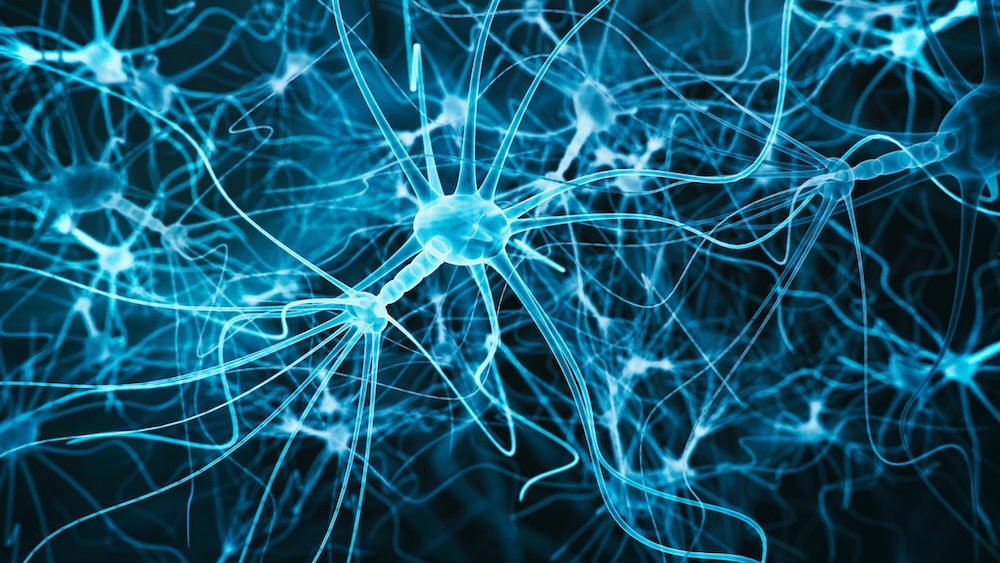As we venture deeper into the world of cannabis at Phasal Dispensary, we encounter a remarkable aspect of human biology — the endocannabinoid system (ECS). This complex network within our bodies plays a pivotal role in maintaining internal balance and regulating various physiological processes. In this post, we’ll explore what the endocannabinoid system is, its functions, and how it interacts with cannabis, particularly focusing on adult-use consumption.

What is the Endocannabinoid System?
Discovered by scientists in the early ’90s while studying the effects of THC, the endocannabinoid system (ECS) is a sophisticated network of receptors, enzymes, and biochemical pathways involved in constructing and breaking down various cannabinoids.
This extensive system permeates multiple layers of our physiology, providing regulatory control at both a macro and micro level. It orchestrates an array of biological functions, ensuring that the body operates in harmony and maintains a state of balanced health.
The endocannabinoid system (ECS) consists of naturally occurring endocannabinoids — these are fats or oils that act as reverse messengers in neural communication, binding to specific receptors throughout the body. It also includes the enzymes responsible for the synthesis and breakdown of these molecular messengers.
These components of the ECS are not just bystanders in our body; they actively participate in maintaining a stable environment in the midst of external fluctuations. For instance, when you’re feeling stressed, the ECS releases endocannabinoids to help mitigate the physiological and emotional effects of stress. Similarly, after an injury, the ECS can modulate pain perception and inflammatory responses, aiding in recovery.
This system is not unique to humans; it’s been identified in all vertebrates, suggesting its fundamental role in life and its evolutionary significance. The universality of the ECS underscores its importance in the essential functions of life, pointing to its potential as a target for therapeutic treatments.
Understanding the ECS is key to comprehending how compounds in cannabis, such as THC and CBD, interact with our body, which can result in a variety of effects, from the psychoactive to the palliative.
What Does the Endocannabinoid System Do?
The endocannabinoid system (ECS) functions as a master conductor, orchestrating the delicate balance of the body’s many systems. Its reach extends to virtually every corner of the body, with cannabinoid receptors located in the brain, nervous system, peripheral organs, and tissues. These receptors are activated by endocannabinoids, which act as messengers, relaying information back to the ECS about any systems deviating from their equilibrium.
When the ECS perceives that a system has become unbalanced, it responds by modifying the activity of various cells and tissues, thereby promoting stability. This might mean dampening an overactive pain signal, reducing inflammation, or adjusting digestive motility. It’s a complex feedback mechanism designed to return the body to a state of balance, promoting optimal health and functionality.
This balancing act is critical for well-being, as many common ailments are thought to stem from a state of imbalance. The ECS is also involved in a myriad of other processes, such as cell growth and death, hormone production, and even reproduction. By influencing such a wide array of processes, the ECS is central not just to survival but to the body’s overall performance and health.
How Does the Endocannabinoid System Work?
The ECS works through a series of signals and responses. Endocannabinoids are molecules produced by the body that are similar to the cannabinoids found in the cannabis plant.
These endocannabinoids bind to cannabinoid receptors, which are scattered throughout the body. The two main receptors are CB1, predominantly found in the nervous system, and CB2, found in peripheral organs and cells associated with the immune system.
When endocannabinoids bind to these receptors, they trigger various physiological responses aimed at restoring balance. Once the endocannabinoids have completed their task, enzymes break them down to prevent overcorrecting.
How to Balance the Endocannabinoid System
Achieving equilibrium in the endocannabinoid system (ECS) is akin to tuning a musical instrument; it’s about finding the right tension to produce harmony. Our lifestyle choices are the tuning knobs for this system, with diet, exercise, and stress management being key factors that can support or hinder its balance.
Nutritional intake, particularly foods rich in omega-3 fatty acids, can support endocannabinoid production. Regular physical activity is believed to boost the levels of endocannabinoids, enhancing mood and well-being. Mindfulness and stress-reduction techniques can also mitigate the adverse effects of chronic stress on the ECS.
Moreover, the interaction of phytocannabinoids, like THC and CBD, with the ECS offers a direct method to influence this system. These compounds can mimic or enhance the actions of endocannabinoids, providing a tool to help fine-tune our internal balance.
With the use of cannabis, individuals may experience alterations in pain perception, appetite, and other bodily functions, which are often the result of phytocannabinoids engaging with the ECS.
Understanding this interaction helps to navigate the use of cannabis for personal wellness, allowing for a more targeted approach to consumption that aligns with the body’s natural rhythms.
How Does CBD Work with the Endocannabinoid System?
CBD, or cannabidiol, is a prominent compound in cannabis that has gained attention for its potential effects on the ECS without causing a high. Unlike THC, which binds directly to cannabinoid receptors, CBD influences the ECS indirectly. It is believed to prevent the breakdown of endocannabinoids, thereby enhancing their positive effects. CBD may also bind to other receptors in the body, which could explain its wide range of potential benefits.
Final Thoughts
The endocannabinoid system is a fascinating and complex part of human biology that plays a significant role in maintaining the body’s balance. As research evolves, we continue to learn more about how cannabis and its compounds interact with the ECS, offering insights into the nuanced experiences of adult-use cannabis consumption.
At Phasal Dispensary, we believe in providing our customers with a deeper understanding of cannabis and how it can fit into their lives. To explore how our products can enhance your well-being, visit our menu page and discover the possibilities that await.
